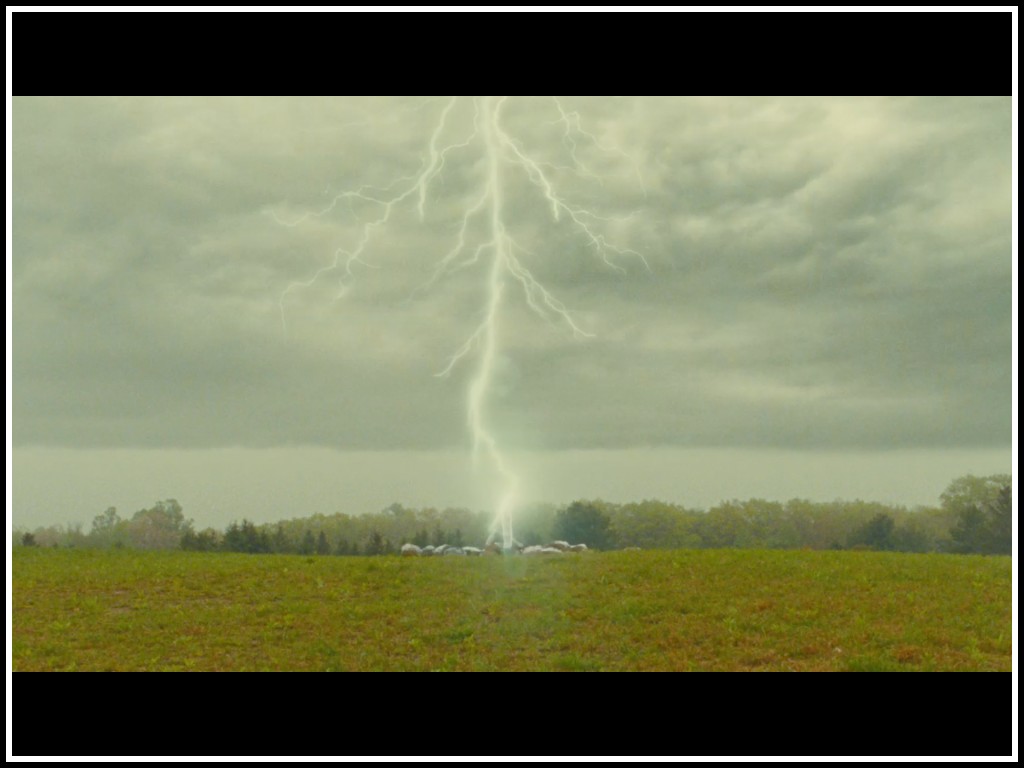(Tom McCormack at Union Docs in Brooklyn asked me if I had seen Peggy Ahwesh's Martina's Playhouse. I hadn't. I watched it on Ubuweb one night recently. It was great. It's 20 minutes long and you can watch it here.)
We start on a roof with a little girl named Martina. She looks at the camera and eats a sandwich Though the camera isn't talking back, she figures out how she wants to talk to the camera.
There is footage of hands examining a flower, with a monologue about flowers and love and organs.
There's footage of a grown-up woman also figuring out how to talk to the camera - she is clearly more anxious about the situation. You can see her aching a bit to talk to the person behind the camera, to interact with them, maybe even to be reassured.
There's more footage of Martina, now inside, confidently conducting her own playtime for the audience of the camera.
More than just evocative or suggestive, Martina's Playhouse reveals a poetic and complicated structure made from subject, camera and quiet filmmaker behind the camera.
During Martina's interesting and noticeably uncensored play time, we are reminded, as Martina occasionally talks and looks up to the camera, that a camera doesn't blink, express concern, distaste or encouragement. Though we know well enough that a camera changes everything, we are reminded here that people change everything.
It made me think of parents - and also of good science fiction, where we are often shown how machines are kinder and more cruel than humans.


